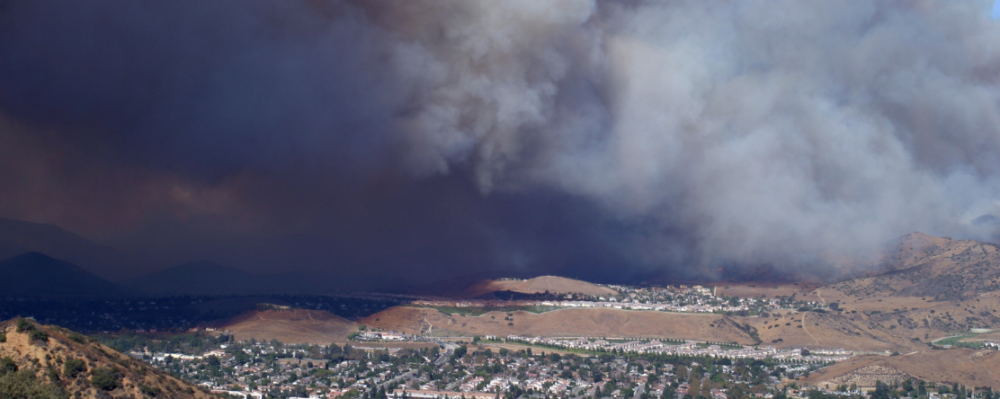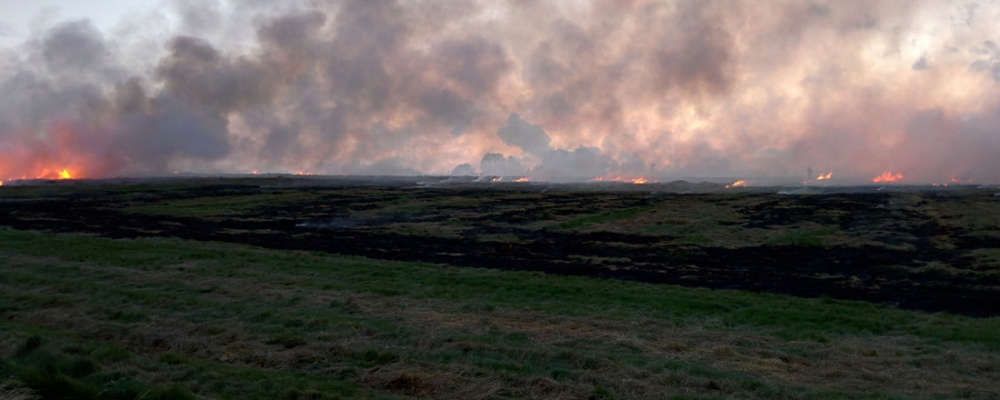
Case Studies: Asthma Environmental Interventions for School-Based Health Centers
-
Focus Areas
Chronic Disease Prevention, Healthy Communities -
Issues
Asthma, School-based Efforts -
Programs
Regional Asthma Management and Prevention Program

Asthma affects over 7 million children nationwide and is one of the leading causes of school absenteeism. Even children with the best medically managed asthma will continue to suffer if they face environmental asthma triggers in their home, school, and outdoor environments. School-Based Health Centers (SBHCs) are uniquely positioned to reduce environmental asthma triggers, given their role linking the student, school, and home.
PHI’s Regional Asthma Management & Prevention (RAMP) and the California School-Based Health Alliance, with a grant from the US Environmental Protection Agency, are working together to increase engagement of SBHCs in the environmental management of asthma. Through this partnership, training on environmental asthma triggers was delivered across the country, and the Asthma Environmental Intervention Guide for School-Based Health Centers was developed to help SBHCs provide more comprehensive asthma care to patients.
Additionally, two year-long learning collaboratives were launched, which supported 14 SBHCs across the country with training, technical assistance, and stipends to implement small-scale environmental interventions. The case studies highlight success stories of six SBHCs that participated in our learning collaboratives, along with four SBHCs that are leaders in asthma management and served as great sources of motivation for our work:
- Addressing Asthma and Air Pollution: How one School-Based Health Center in Los Angeles County partnered with bus drivers to reduce air pollution
- Empowering Students to Reduce Environmental Asthma Triggers in their Homes in Hempstead, NY
- Managing Asthma Triggers from School to the Home: How One School-Based Health Center is Educating a School Community in Southeast Wisconsin
- Incorporating Environmental Asthma Trigger Information into the Electronic Medical Record: How a system-wide change in Watertown, New York resulted from one Nurse Practitioner’s efforts to better educate patients and families
- A Patient-Centered Approach to Reducing Asthma Triggers at School and Home in Philadelphia, Pennsylvania
- In Cincinnati, Addressing a Hidden Asthma Trigger through an Innovative Partnership
- Controlling Asthma in the Port Chester Community: How one School-Based Health Center network transformed a community
- Managing and Preventing Asthma among Uninsured Children: How one School-Based Health Center in Nevada is solving the problem
- Addressing Asthma and Air Pollution: How the West Oakland Middle School Health Center launched a comprehensive asthma program
- Leveraging Medicaid Delivery System Reform to Improve Asthma Management: The story of a network of 20 School-Based Health Centers in Texas
Read the case studies, including new profiles added in 2017. The case studies were developed by Regional Asthma Management & Prevention (RAMP), a project of the Public Health Institute, in partnership with the California School-Based Health Alliance.
Help us share your story. If you are part of a school-based health center conducting asthma environmental interventions, we’d like to work with you to share your story. Contact us at info@rampasthma.org.
Originally published by PHI's Regional Asthma Management & Prevention (RAMP)
Work With Us
You change the world. We do the rest. Explore fiscal sponsorship at PHI.
Support Us
Together, we can accelerate our response to public health’s most critical issues.
Find Employment
Begin your career at the Public Health Institute.


